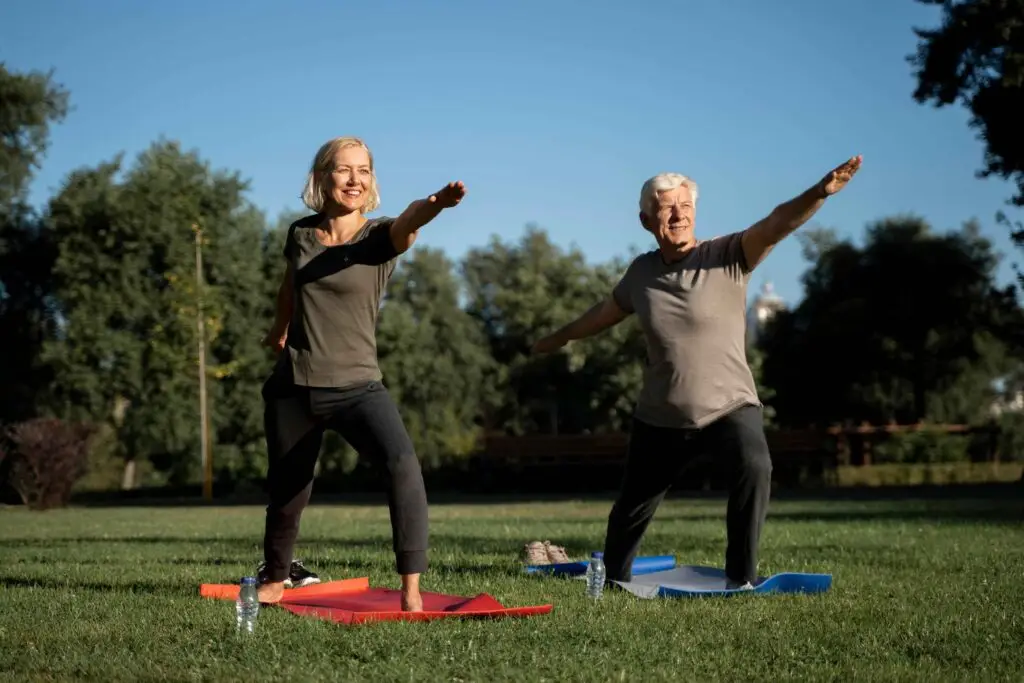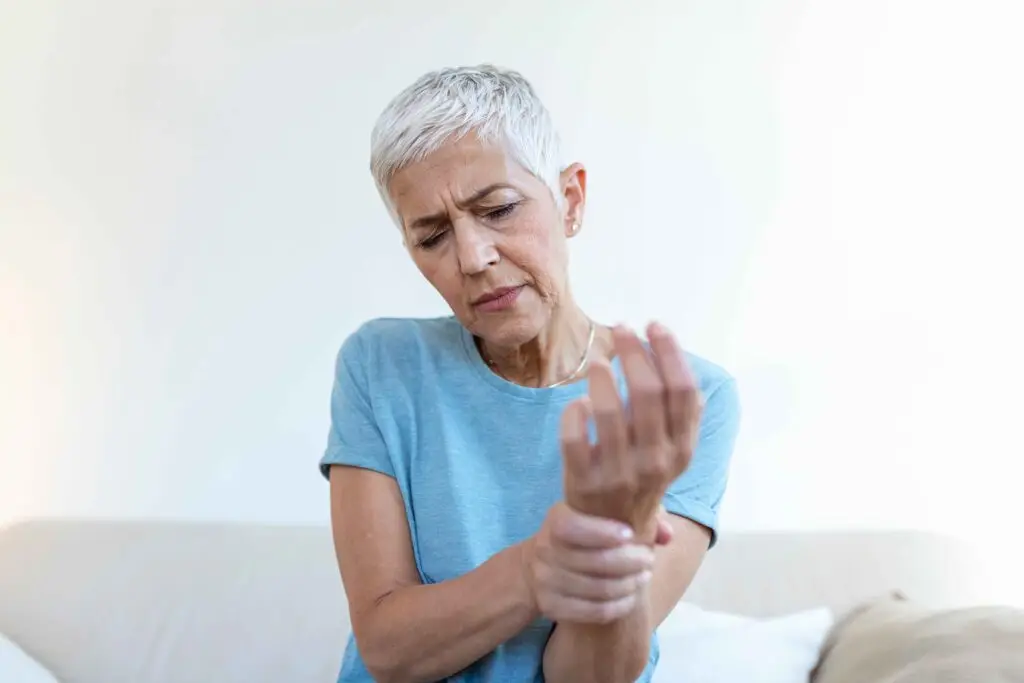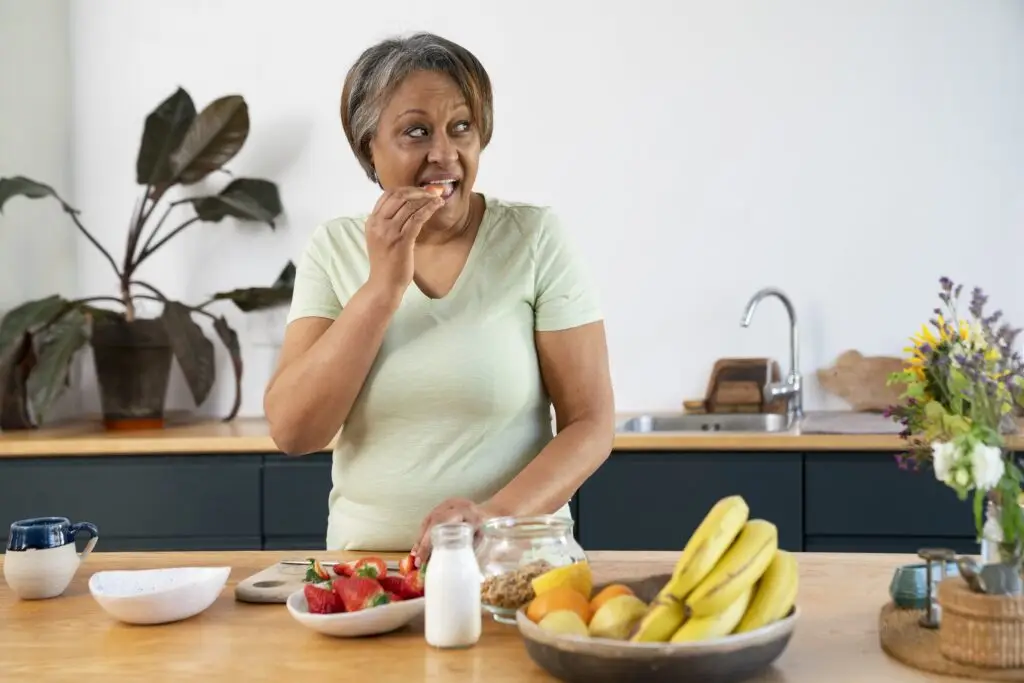As we move into our senior years, quality sleep becomes just as important as a healthy diet and regular physical activity — yet many seniors struggle to get the rest they need. Sleep affects nearly every aspect of well-being, from memory and concentration to immune system strength and mood balance.
Poor sleep in older adults is often linked to chronic pain, medications, or changes in circadian rhythm. But good sleep hygiene and natural adjustments can make a big difference.
Try establishing a relaxing bedtime routine, limiting screen time in the evenings, and cutting back on caffeine later in the day. Simple habits like lowering the room temperature and using a weighted blanket can promote deeper sleep.
Quality rest doesn’t just help the body recover — it improves mental clarity and emotional stability. For anyone navigating life after 60, prioritizing better sleep is a powerful step toward vibrant aging.
🚀 You may also like: Have Some fun Playing Online Our Dominos
Managing Stress After 60: Gentle Strategies That Work
Stress doesn’t disappear with age — in fact, health concerns, financial shifts, and changes in daily routine can add to emotional strain. But seniors can manage stress in peaceful, productive ways that promote long-term calm.
Techniques like deep breathing, light stretching, gardening, or listening to calming music can lower cortisol levels and ease mental tension. Journaling and gratitude practices also offer gentle emotional support.
Many older adults benefit from mindfulness routines — such as guided meditation or tai chi — which relax both the mind and body. A walk in nature or a visit with a friend can often do more than a dozen distractions.
Reducing stress improves sleep, heart health, and mood — and helps make every day feel lighter and more fulfilling.
👉 Article: How to Improve Sleep Quality
Cognitive Health Over 60: How to Keep Your Brain Sharp
Cognitive changes are a natural part of aging — but they don’t have to mean decline. Staying mentally active, socially engaged, and physically healthy can help keep the brain sharp well into later years.
Puzzles, books, and brain-training apps can stimulate mental flexibility. Learning something new — like a musical instrument, second language, or even a hobby — builds neural connections that support memory and concentration.
Equally important is diet. Omega-3-rich foods (like salmon and walnuts), leafy greens, berries, and adequate hydration all nourish the brain.
Movement matters too: Regular exercise increases blood flow to the brain and boosts clarity. Even short walks can help.
Protecting brain health is not about working harder — it’s about engaging with life intentionally and staying curious.
👉 Article: Best Brain Training Apps
How to Stay Socially Connected After Retirement
Retirement brings more freedom, but also fewer built-in daily interactions. Without intention, social circles can shrink — which may lead to loneliness or isolation.
Seniors who stay socially active tend to enjoy better mood, memory, and even physical health. Whether it’s calling a friend regularly, joining a walking group, or volunteering, connection matters.
Technology offers opportunities too: Learning to use Zoom, joining Facebook groups, or playing games online with family can foster bonds across any distance.
Not every activity needs to be grand. A regular card game, church service, or shared coffee habit can spark lasting friendships.
Building social connection after 60 is about quality more than quantity — and it’s never too late to begin.
👉 Article: 15 Fun Card Games for Older adults & Seniors Alike
Loneliness in Older Adults: Understanding and Overcoming It
- Loneliness isn’t just a feeling — it can affect physical and mental health deeply. Many older adults silently suffer, believing it’s part of aging. But it doesn’t have to be.
- Recognizing the signs — withdrawal, sadness, or a sense of disconnection — is the first step. From there, small efforts to engage with the world again can be life-changing.
- Reaching out to neighbors, attending local events, or visiting senior centers opens doors to connection. So does adopting a pet or volunteering time to help others.
- Professional support — from counselors or peer groups — can provide structure and community.
The heart needs companionship just as much as the body needs care. Combating loneliness takes courage — and it’s one of the bravest gifts someone over 60 can give themselves.
👉 Article: Article: Best Gifts for Wine Loving Seniors





